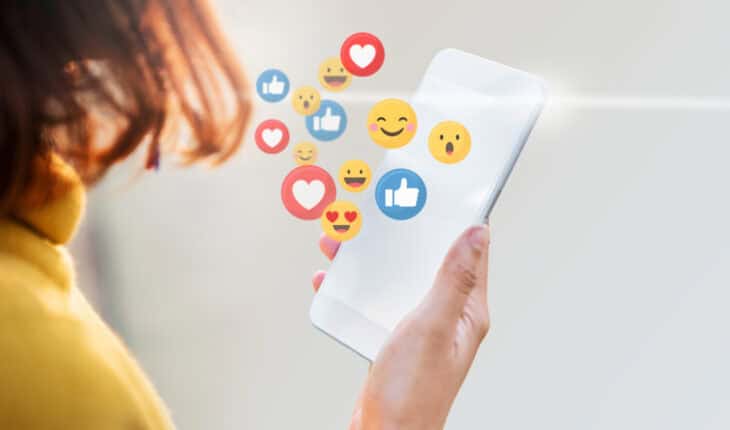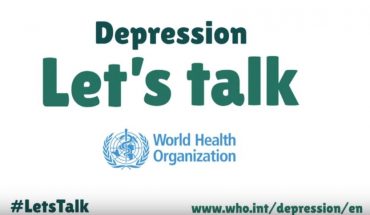New study challenges social media’s mental health impact – A new Curtin University study has challenged the perception heavy social media use has a significant impact on mental health, finding little to no relationship between the two.
In fact, not only does the research indicate the amount of time spent on social media has a negligible effect on mental health indicators such as depression, anxiety and stress — the result isn’t always negative, either.
Study lead and PhD candidate Chloe Jones said it was important to stress the findings don’t suggest social media use is harmless or has no impact on mental health, however the relationship between the two likely has many complex layers.
“For example, a connection to a supportive online community could be a lifeline for people living in isolation, but hours of scrolling Instagram influencers could be really unhelpful if you have body image concerns,” Ms Jones said.
While most previous studies on social media use have relied on self-reported estimates from participants, researchers from the Curtin School of Population Health collected mobile phone data from more than 400 people ranging from 17-53 years old, to accurately measure how much time they spent on social media in the past week.
The team then compared the usage data against the participants’ levels of depression, anxiety, stress and attentional control.
They found social media use was very weakly associated with anxiety and not associated with depression or stress.
It was also found to have a weak positive association with attentional control, suggesting increased social media use is linked with slightly better performance in maintaining attention. “If we are going to make well-informed decisions in this space, it needs to be based on quality data and our research demonstrates when you objectively measure time spent on social media, the effects are tiny or non-existent,” Ms Jones said.
Supervising author Associate Professor Patrick Clarke said the study could be the starting point for future research investigating how users interact with social media and what personal characteristics could influence the effects of social media use on mental health, for better and for worse. “For example, while all of the associations were weak at best, the study found different platforms recorded different effects: TikTok usage saw a small positive association with attentional control, while Facebook usage saw a small association with distress among users,” Associate Professor Clarke said. “We did consider the age of users – we thought maybe TikTok users are just younger and that’s why they have better attentional control – but even when allowing for age that association was still there.
“This study only considered the amount of time participants spent on social media, so what this research could be flagging is how long we spend on social media might matter less for mental health, as opposed to how we’re using it and engaging with it.”
‘Investigating the links between objective social media use, attentional control, and psychological distress’ was published in Social Science & Medicine.
- Gut microbiome could delay onset of type 1 diabetes - 3rd April 2025
- The da Vinci 5 Robot Is Set To Transform Bariatric Care: - 31st March 2025
- Beyond money: the hidden drivers fuelling child food insecurity - 31st March 2025






